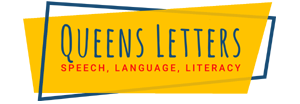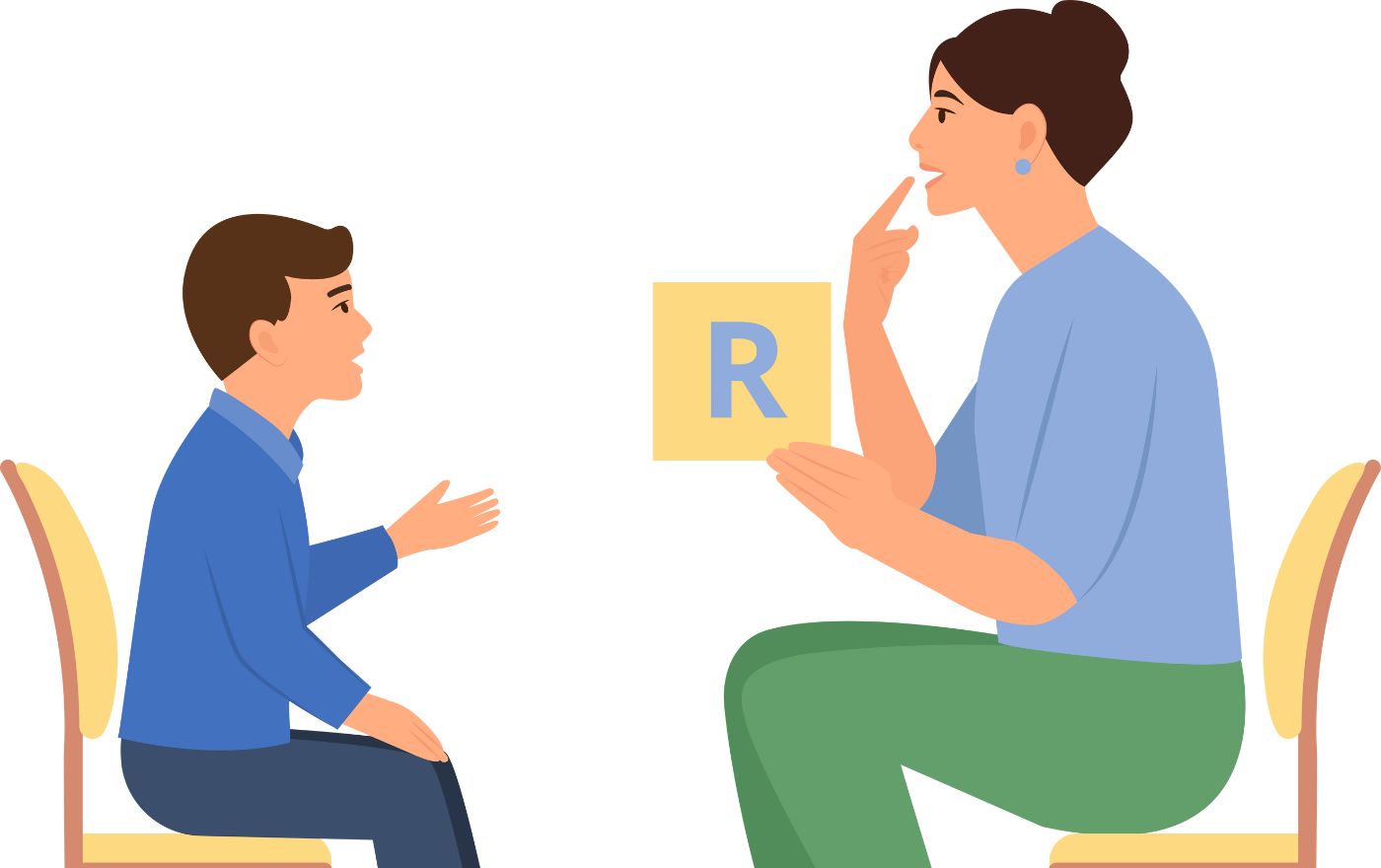MANAGING APRAXIA OF SPEECH
Apraxia is a complex and frequently misunderstood speech disorder that impacts individuals of all ages. Here at Brooklyn Letters, we’re on a mission to not only illuminate this condition but also provide valuable insights, practical tips, and inspiring stories to empower those touched by apraxia and their families.
Additionally, we’re committed to raising awareness and fostering understanding throughout the diverse neighborhoods of New York City, including Manhattan, Brooklyn, Queens, Staten Island, and the Bronx, where our dedicated speech therapists travel to provide their expertise.
What is Apraxia of Speech?
Apraxia of speech, often referred to as verbal apraxia or childhood apraxia of speech, is a complex and neurological speech disorder that affects an individual’s ability to plan and execute the precise movements required for speech. Unlike other speech disorders that might involve muscle weakness or language difficulties, apraxia of speech primarily stems from problems in the brain’s ability to coordinate the necessary muscle movements for speech.
Apraxia of speech can affect people of all ages, but it is most commonly diagnosed in children. Early intervention with speech therapy is crucial for individuals with this disorder. Speech-language pathologists work with individuals with apraxia to improve their speech sound production and overall communication skills through specific therapy techniques and strategies tailored to their needs.
Symptoms of Speech Apraxia
Several distinct symptoms characterize Apraxia of speech:
- Inconsistent Speech Errors: Individuals with apraxia of speech typically exhibit inconsistent errors when trying to produce speech sounds. They may have difficulty repeating the same word or sound correctly, even in conversation.
- Difficulty Planning Speech Movements: Apraxia of speech is rooted in difficulties with motor planning and coordination. Individuals need help planning the precise muscle movements required to produce speech sounds.
- Sound Omissions and Additions: People with apraxia may omit sounds from words, add extra sounds, or use incorrect sounds in their speech. These errors often make their speech difficult to understand.
- Limited Sound Repertoire: Individuals with apraxia may have limited speech sounds they can produce accurately. This can result in speech that sounds immature or unclear.
- Struggle with Multisyllabic Words: Longer or more complex words, especially those with multiple syllables, can be particularly challenging for individuals with apraxia. They may need help to articulate these words correctly.
- Inconsistent Stress Patterns: Stress patterns within words may be inconsistent, making speech sound rhythmically irregular.
- Groping Movements: Sometimes, individuals with apraxia of speech may appear to make “groping” movements with their articulators (lips, tongue, etc.) as they attempt to produce specific sounds or words.
- Limited Vowel Production: Vowels can be especially challenging for those with apraxia, who may distort or omit vowel sounds in their speech.
It’s important to note that the severity of apraxia of speech can vary from person to person. Some individuals may have milder symptoms and can improve significantly with speech therapy, while others may have more severe challenges.
Causes of Speech Apraxia
While its precise cause varies among individuals, it is fundamentally rooted in neurological factors. Genetic predisposition, developmental delays, brain injuries, and other neurodevelopmental conditions are all contributing factors.
Environmental factors, such as toxins or infections during pregnancy, can also play a role. It’s crucial to note that emotional or psychological factors are generally not the cause of apraxia.
Effective Treatment Options
Effective treatment for apraxia of speech involves the expertise of a speech-language pathologist (SLP) who will tailor interventions to the individual’s specific needs and severity.
Here are some key treatment options:
- Intensive Speech Therapy: This therapy involves repeated speech sounds and word practice to improve speech motor planning and coordination.
- Articulation Therapy: This therapy focuses on improving the precision and coordination of speech movements. It often begins with simple speech sounds and gradually progresses to more complex words and phrases.
- Phonological Awareness Training: Phonological awareness activities help individuals recognize and manipulate speech sounds, which is particularly important for those with apraxia.
- Cueing Techniques: SLPs use various cues to assist individuals with apraxia in producing speech sounds correctly. Visual, tactile, and auditory cues can help with motor planning and coordination.
- Augmentative and Alternative Communication (AAC): In cases of severe apraxia, AAC systems like speech-generating devices or picture boards can be effective in helping individuals communicate. At the same time, they work on improving their speech.
- Oral-Motor Exercises: Some individuals with apraxia benefit from oral-motor exercises to improve the strength and coordination of the muscles involved in speech production.
- Parent and Caregiver Involvement: Training and involving parents and caregivers in therapy is crucial. They can help reinforce techniques and practice speech exercises at home.
- Environmental Modifications: SLPs may recommend modifying the individual’s environment to reduce distractions and support effective communication.
- Consistency and Practice: Consistent practice is vital for improving speech in apraxia. Regular and frequent speech practice outside of therapy sessions is essential for progress.
- Progress Monitoring: SLPs continually monitor the individual’s progress and adjust therapy plans to maximize results.
It’s important to recognize that the effectiveness of treatment may vary from person to person, depending on the severity of the disorder. Early intervention, consistent practice, and the expertise of a skilled SLP are key factors in improving speech in individuals with apraxia.
How Can Our Speech Therapists Help Individuals with Apraxia of Speech?
At Brooklyn Letters, our speech-language pathologists (SLPs) offer specialized support for apraxia of speech. We begin with thorough assessments, crafting individualized treatment plans focusing on articulation therapy, phonological awareness, and motor coordination.
Our SLPs employ cueing techniques and introduce augmentative communication when needed. We actively involve families in therapy, monitor progress, and provide emotional support. We aim to enhance speech clarity and communication skills, empowering individuals throughout Manhattan, Brooklyn, Queens, Staten Island, and the Bronx to express themselves confidently.
Contact Brooklyn Letters today, and let our expert speech-language pathologists guide you to effective, confident communication. FREE 15-minute phone consultation!







